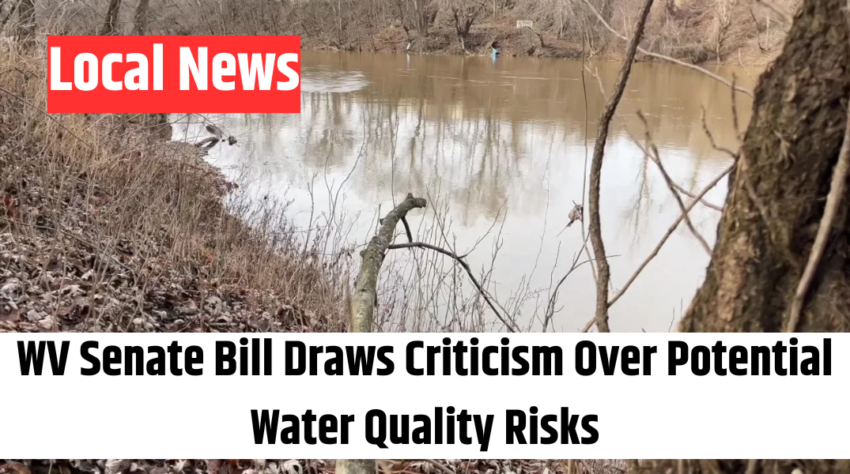CHARLESTON, W.Va. — A recently passed bill in the West Virginia Senate is drawing strong criticism from environmental advocates, who argue it could put the state’s drinking water at risk.
Senate Bill 592, which was approved by a 25-7 vote on Friday, proposes changes to the regulation of aboveground storage tanks. Some lawmakers and activists fear that the bill weakens oversight and could lead to a repeat of past environmental disasters.
Senator Joey Garcia (D-Marion) recalled the 2014 Elk River chemical spill, an event that left 300,000 residents without safe drinking water. “I remember the distinct licorice smell in the air that day in Charleston,” Garcia said, referring to the contamination that led to the creation of the Aboveground Storage Tank Act.
The new legislation reduces the frequency of inspections required by the Department of Environmental Protection (DEP) and allows certain storage tanks—particularly those in designated “zones of critical concern”—to conduct self-inspections rather than undergo third-party reviews.
Also Read – West Virginia’s Prison Population Declining, New Report Shows
Senator Bill Hamilton (R-Upshur) voiced strong opposition to the bill, warning that removing oversight in these high-risk areas could endanger public water supplies. “Last session, we all agreed that tanks in these critical zones needed regulation to keep drinking water safe. This bill reverses that,” he stated.
However, supporters of the bill, like Senator Chris Rose (R-Monongalia), argue that the measure corrects unnecessary regulatory burdens. “More bureaucracy doesn’t mean better enforcement,” Rose said. “We shouldn’t be punishing small operators for something they weren’t responsible for.”
The bill now moves to the House Energy and Public Works Committee, where environmental groups are expected to continue pushing back against the proposed changes .
